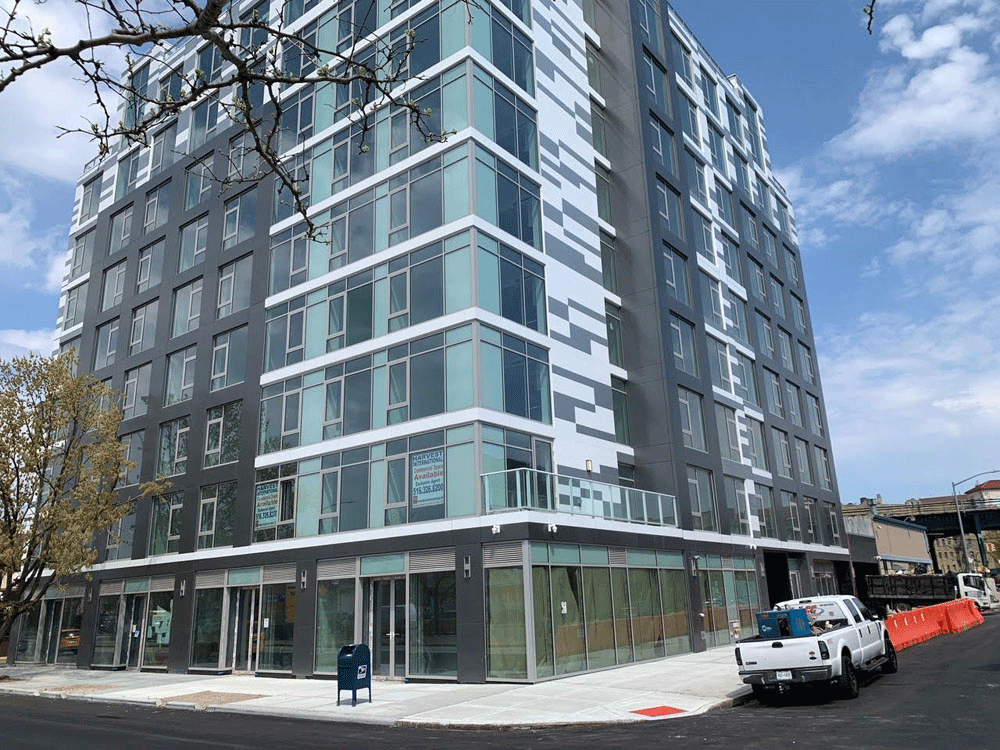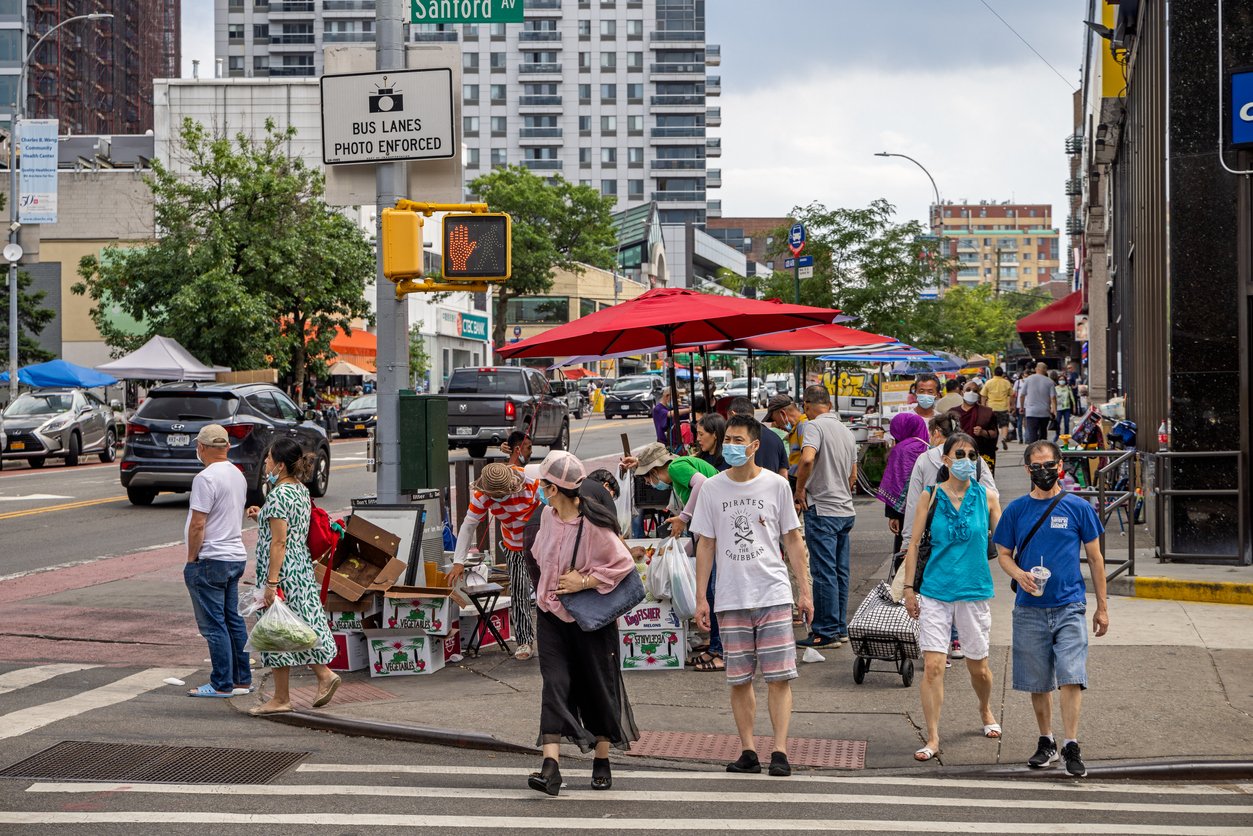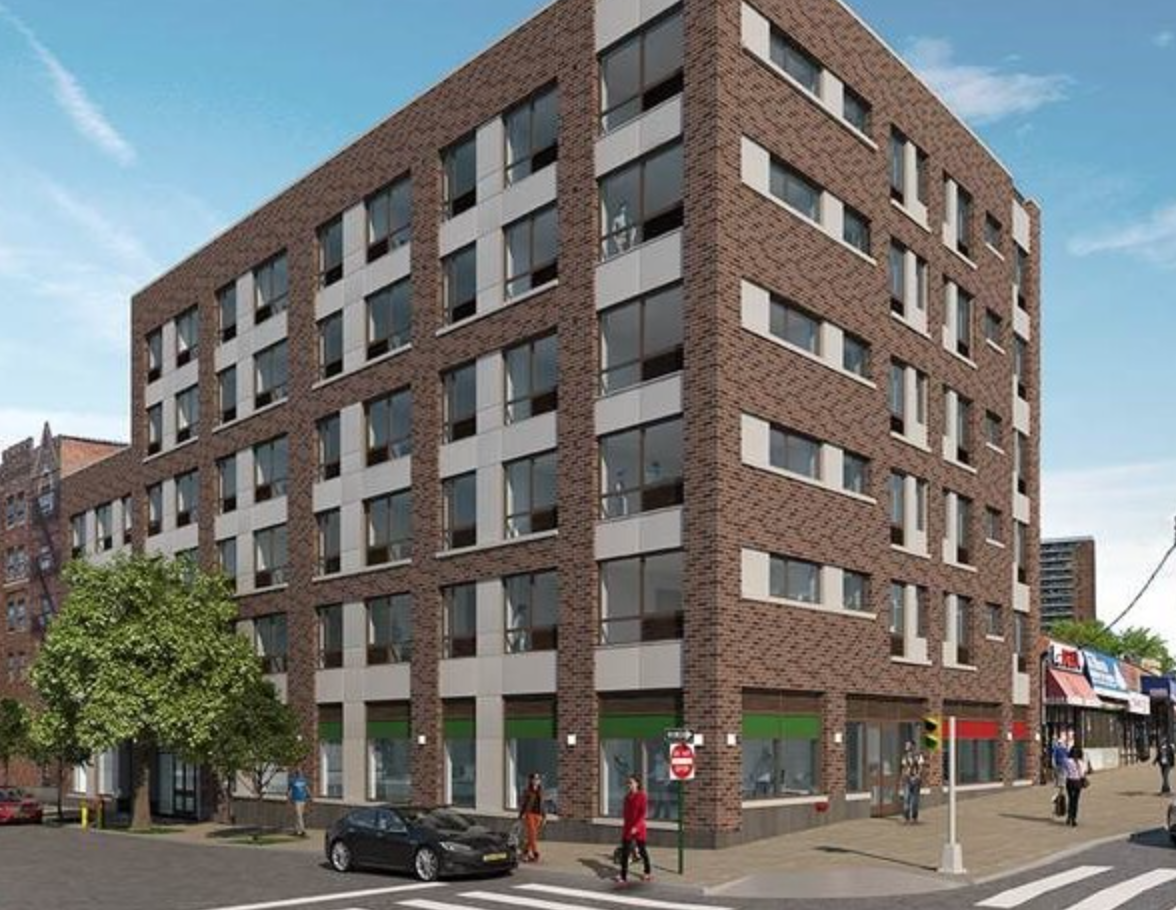
Emily Myers
Senior Writer/Podcast Producer
Emily Myers is a real estate writer and podcast host. As the former host of the Brick Underground podcast, she earned four silver awards from the National Association of Real Estate Editors. Emily studied journalism at the University of the Arts, London, earned an MA Honors degree in English Literature from the University of Edinburgh and lived for a decade in California.
Posts by Emily Myers:
An affordable housing lottery opens for 23 apartments in Sunnyside, Queens
By Emily Myers
August 18, 2022 - 09:30 AM
Rents start at $1,197 for a studio. Eligible applicants for the lottery must earn from $43,612 to $187,330 depending on the size of the household.
Read More No more luxury condo glut, gas outage lawsuit at NYCHA, & more
By Emily Myers
August 16, 2022 - 09:30 AM
And, in signs of a market shift, demand for listings below $500,000 is up as interest in higher priced NYC apartments drops, according to StreetEasy.
Read More Wells Fargo to shrink mortgage business, rats in the planters, & more
By Emily Myers
August 15, 2022 - 10:30 AM
And, a sprawling, 10-bedroom estate in Greenwich, Connecticut, with a 30-car garage is on the market for the first time with a $33.8 million price tag.
Read More A housing lottery opens for 35 apartments in Allerton, the Bronx
By Emily Myers
August 11, 2022 - 12:30 PM
Applications are open for 35 newly constructed apartments at The Allerton in the Bronx through the affordable housing lottery. Rents start at $1,135 a month for a studio for those earning $41,863 to $74,760.
Read More What are your responsibilities as an apartment guarantor? Here are 4 sample agreements
By Emily Myers
August 9, 2022 - 12:30 PM
There is no standard form of lease guaranty, but they all spell out your most obvious responsibility, which is to make sure the rent is paid in full and on time.
Read More What is a limited equity housing cooperative and how affordable is it?
By Emily Myers
August 8, 2022 - 12:30 PM
Limited equity housing cooperatives have the same structure as traditional co-op buildings—they are collectively owned by shareholder tenants—but they have income restrictions for buyers and are therefore sold at below-market prices.
Read More
























